Orthopedic Treatment in Germany
Germany is the country where people worldwide hear about modern medical technology. Orthopedic care is one of the main segments that attract visitors to Germany. Modern technologies, skilled doctors, and individual treatment make Germany stand ahead of all other countries that visitors visit for highly efficient orthopedic treatment.
The article covers orthopedic treatments in Germany, such as diagnosis, advanced therapies, rehabilitation, and several benefits offered by treatment there.
What is orthopedic?
One of the specialties that focuses on the prevention and treatment of conditions affecting the musculoskeletal system (bones, joints, ligaments, tendons, and muscles) is orthopedics. Orthopedic doctors specialize in diagnosing and treating cases such as fractures, arthritis, scoliosis, and sports injuries to make patients mobile and improve their quality of life.
Types of Orthopedic
Orthopedic care includes different subfields
Joint Replacement: Shoulder, hip, and knee replacements are included in arthroplasty procedures.
Scoliosis and Spine Surgery: It includes spine surgery for treating scoliosis, herniated discs, and spinal deformities.
Sports Medicine: Its main focus is on rehabilitation and recovery treatments, especially for sports injuries.
Pediatric Orthopedics: This section has certain musculoskeletal problems peculiar to children, like congenital deformities.
Trauma and Fracture Care: This includes bone injuries and fractures due to accidents or old age.
Orthopedic Diagnosis Germany
Advanced orthopedic diagnostic procedures are available in Germany, ranging from X-rays to MRIs and CT scans to arthroscopy for joint evaluation. All these tools can help attain a perfect approach to evaluating the musculoskeletal system toward accurate diagnosis and individualized treatment.
Early Orthopedic
Germany aims at ensuring that diagnoses are done early, this will help in reducing the complications and progression of musculoskeletal problems as well as create a minimum amount of use of interventions. Early detection of orthopedic conditions will enable less complex treatments that are minimally invasive and can be carried out in record time for recovery and even superior outcomes.
Orthopedic Treatment Centers in Germany
German medical centers provide the latest technology and up to date facilities to ensure high orthopedic care. Specialized departments in most hospitals exist for orthopedic surgery, rehabilitation centers, and physiotherapy units wherein patients can have an integral, all around treatment.
Super Specialist Treatment in Orthopedics
Germany has far surpassed the rest of the developed orthopedic treatments the treatments that are provided include robotic surgery, minimal intervention surgeries, and innovative procedures consisting of the cartilage's regrowth along with therapy through stem cells.
These treatments have maximally increased the precision, minimized the periods of recovery, and also improved long term outcomes.
Chemotherapy and Orthopedic Treatment
Chemotherapy is sometimes included as part of the orthopedic treatment, especially for patients who suffer from musculoskeletal issues due to bone cancers or metastasis.
Chemotherapy keeps on controlling the cancerous tumors, and thus, before the orthopedic surgery, it reduces and can easily be taken out. As a result, the intervention's effectiveness is raised.
New Technologies: Immunotherapy and Targeted Therapy
Germany is in the lead with the use of new techniques like immunotherapy and targeted therapy in orthopedic cancer treatment. Immunotherapy activates the body's natural defense against cancer cells, while targeted therapy attacks particular molecules that trigger the growth of cancer cells.
These methods are less invasive than chemotherapy and have minimal side effects.
Identification and Thyroid of Orthopedic
Appropriate therapy for orthopedic problems depends on an accurate diagnosis. In some rare cases, orthopedic conditions have been linked to thyroid malfunction and thus bone metabolism and joint health.
German specialists conduct comprehensive diagnostic tests to identify hormonal imbalances that can cause orthopedic conditions.
Rehabilitation following Orthopedic Treatment
Rehabilitation is an important component of orthopedic care, and German hospitals possess excellent facilities for rehabilitation patients. In rehabilitation, strength training, and occupational therapy for the patient to return and recover as soon as possible to engage in their ordinary daily activities.
Psychological Counseling
The orthopedic treatment facilities in Germany also provide psychological support with an integrated care plan for their patients. This is especially useful to the patient who has to live with long term pain issues, serious trauma from accidents, or the anxiety of surgery.
Counseling de stresses a patient and helps one cope with the challenge of living through the pain and emotional stress of orthopedic treatment.
Cost of Orthopedic Treatment in Germany
The German cost for orthopedic treatment varies depending on the type of procedure it entails as well as the selected clinic. Germans do not offer more expensive therapy costs compared to any other Western countries.
Best Orthopedic Treatment Hospitals in Germany
Some of the best orthopedic hospitals in Germany are:
Charité University Hospital, Berlin: One of the places where advanced research is available, but at the same time, offers the entire range of orthopedics.
University Hospital Heidelberg: Renowned for its joint replacement and spine surgery methods.
Munich University Hospital: It specializes in the treatment involving minimally invasive surgeries related to the orthopedic sector.
Orthopedic University Clinic, Frankfurt: Flagship institutions for difficult musculoskeletal medical conditions.
Why Orthopedic in Germany?
Germany is known for its high level health care, the professionals' expertise, and patient care orientation. Orthopedic surgeons are considered to be among the best in the world. Most have a long international practice history. Technologies applied in all possible ways ensure better success in treatment.
Benefits of Treatment in Germany
Success is quite high: Advanced technology and more experienced surgeons result in very high success rates of orthopedic operations.
State of the art technology: Hospitals in Germany are equipping themselves with the latest types of medical equipment and robotic surgery.
Integrated Care: Patients will receive holistic treatment, starting from diagnosis and passing through to surgery and then rehabilitation.
Internationally Reputed Specialists: Germany happens to be the place of some of the renowned orthopedic specialists all over the globe.
Less Waiting Time: Germany is not like other countries it gives easy access to patients to fewer waiting times for surgeries and treatments.
Orthopedic treatment facilities in Germany combine the latest high tech medical treatments with personalized care at minimal costs, which is why Germany remains the first choice destination for all the patients in this world for the best orthopedic care.
Non-surgical treatments for pain relief and functional improvement include physical therapy, medications, bracing or casting, orthotic devices, and lifestyle modifications.
Expect a review of your medical history, a physical examination, possibly diagnostic tests, and a discussion of treatment options, followed by a personalized treatment plan.
Recovery time varies by surgery type, ranging from a few weeks for minor procedures to several months or a year for major surgeries, with rehabilitation being a key component.
Orthopedic treatment is said to have some of the most updated technology, the best surgeons, and rehabilitation treatments in Germany. The facilities are to-class and personal attention is provided throughout the treatment stages.
Germany opts for high-tech diagnostic tools such as MRI, CT scans, and arthroscopy, which enable the study of musculoskeletal disorders properly and accurately. It further decides upon the treatment course and maximizes the results.
Most common procedures include joint replacements (hips, knees, shoulders), spinal surgery, and repair of sports injuries. Most of these operations are done minimally invasively so that recovery is shorter.
Yes, in Germany, orthopedic treatment includes a significant amount of rehabilitation. They offer physiotherapy, strength training, and customized recovery plans as post-surgery treatments.
In comparison to other Western nations, the cost of orthopedic care in Germany is quite affordable. Due to the affordable and transparent costs of these therapies, a large number of foreign patients travel to this nation in search of medical care.
Experience the difference that expertise and compassion can make. Meet our exceptional team of experienced doctors, and trust us to provide you with the best in healthcare.
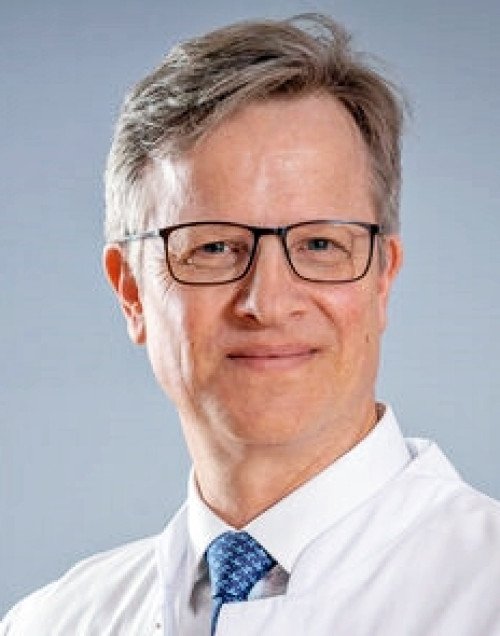
Orthopedic
Head of the Sarcoma Center Würzburg (Orthopedics)
Würzburg
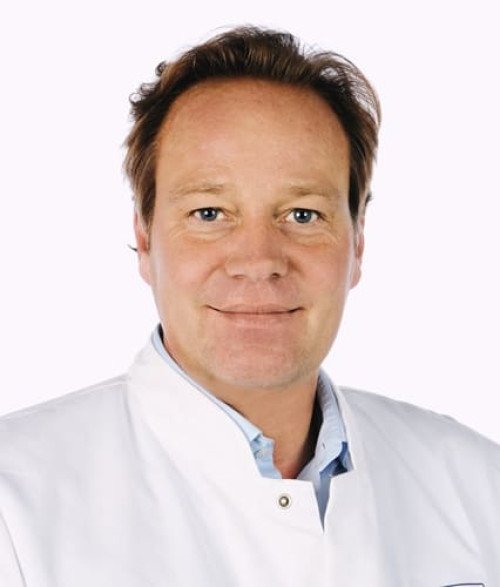
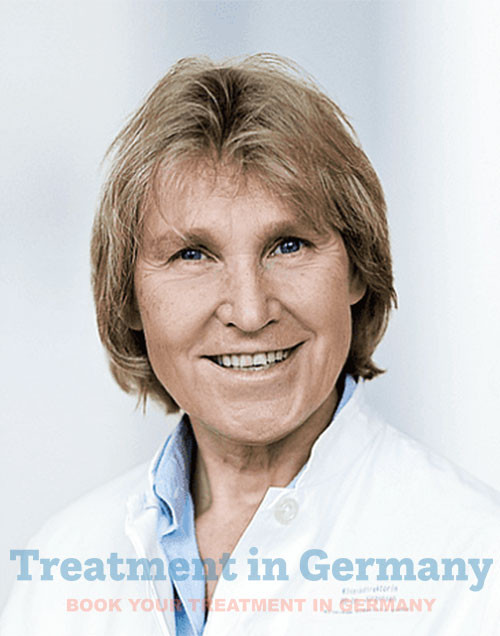
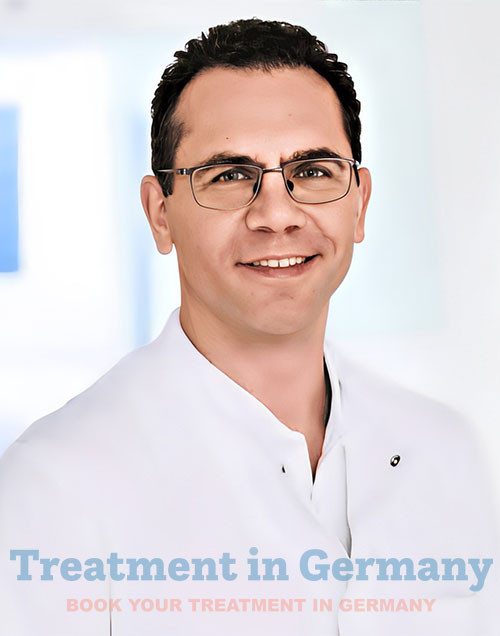
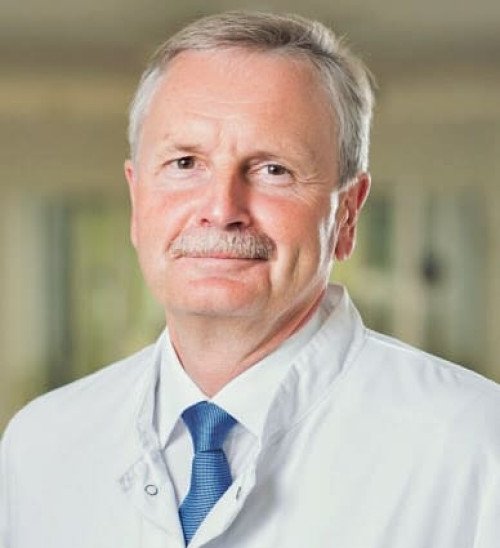
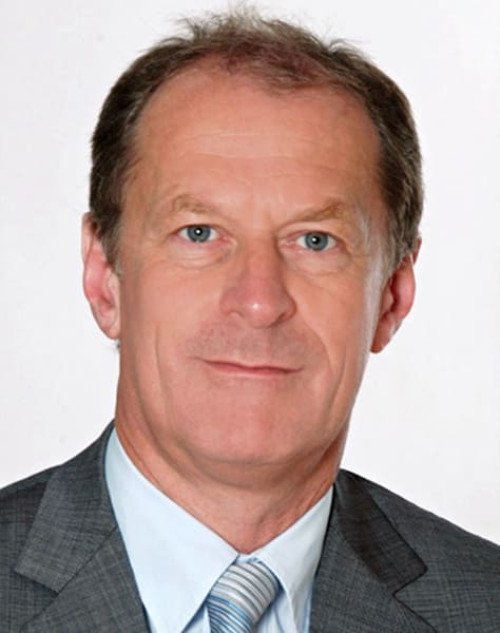
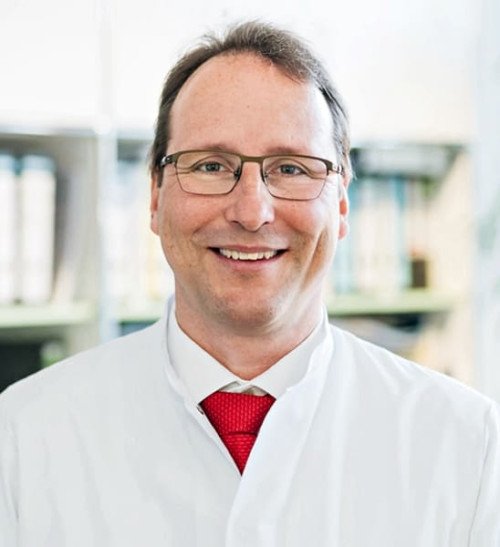
Orthopedic
Clinic Director Department Orthopaedic
Munich / München
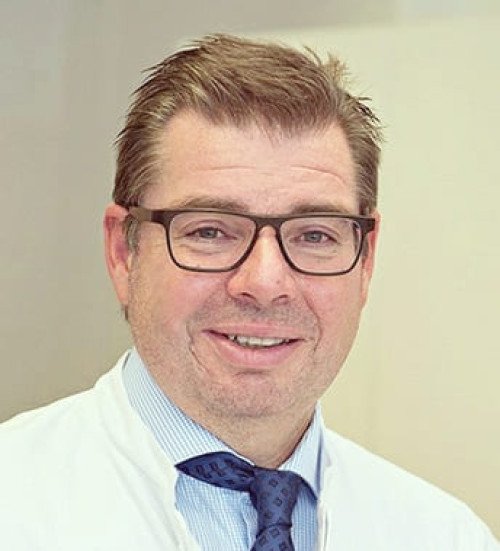
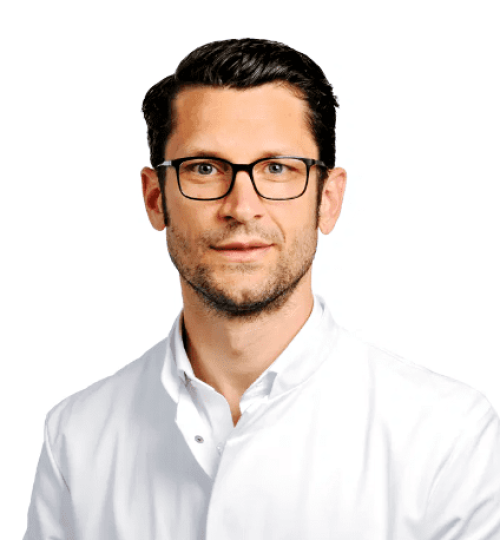
Orthopedic
Managing Director Department Orthopaedic and Trauma Surgery
Munich / München
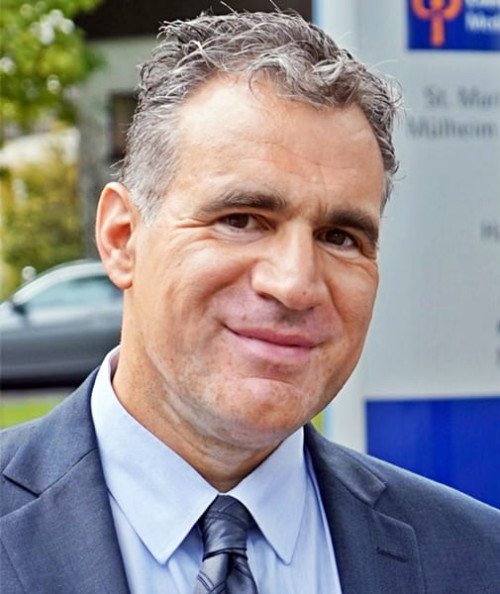
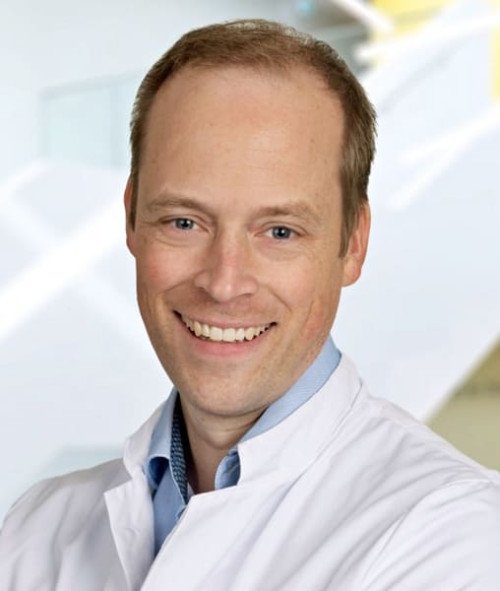
Orthopedic
Senior Chief Physician Department Orthopaedic
Homburg Saarland
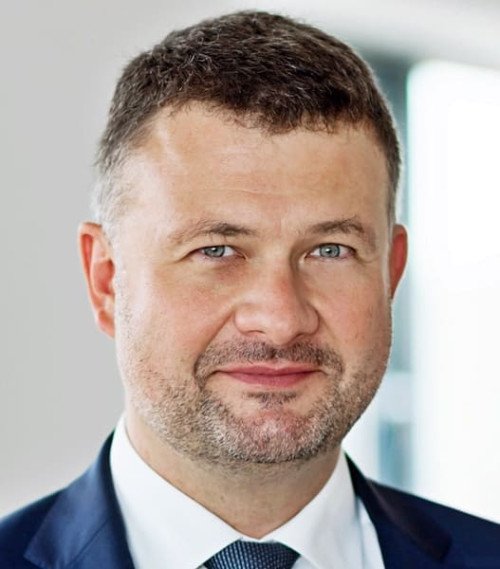
Orthopedic
Clinic Director Department Orthopaedic and Trauma Surgery
Erlangen
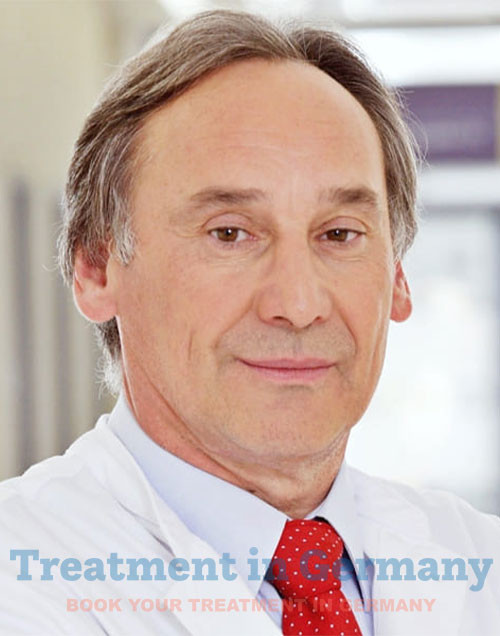
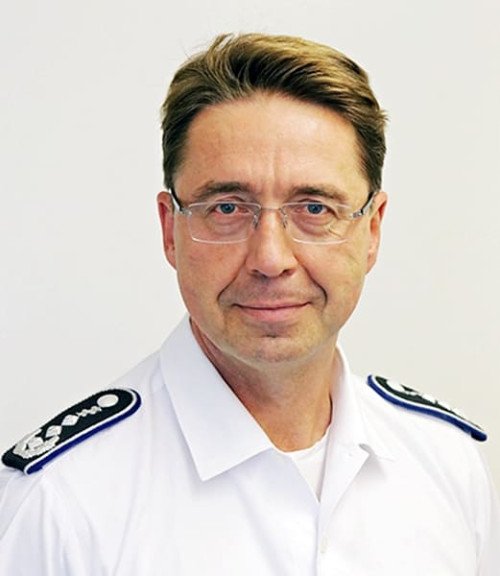
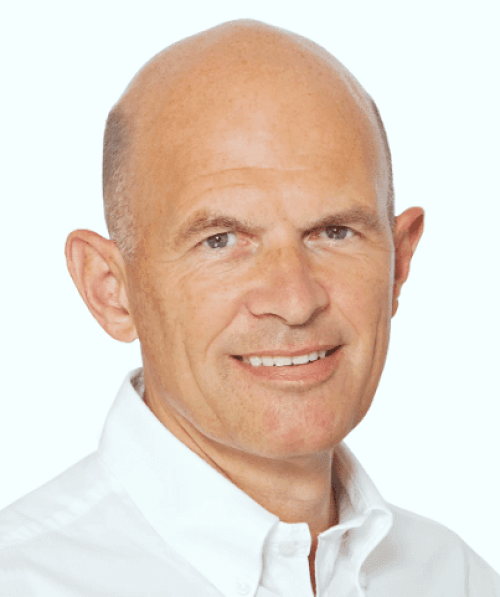
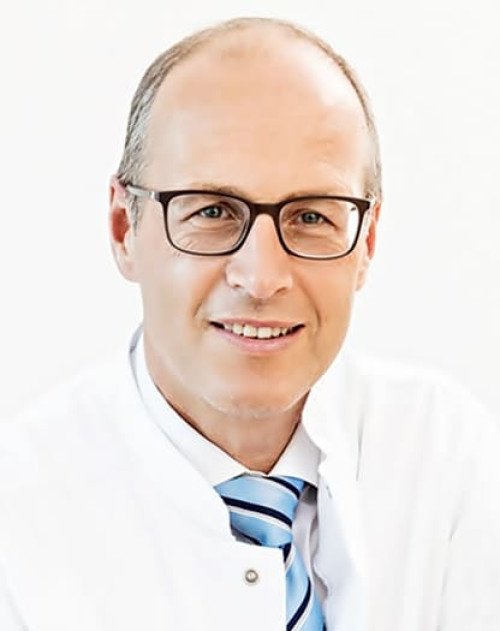

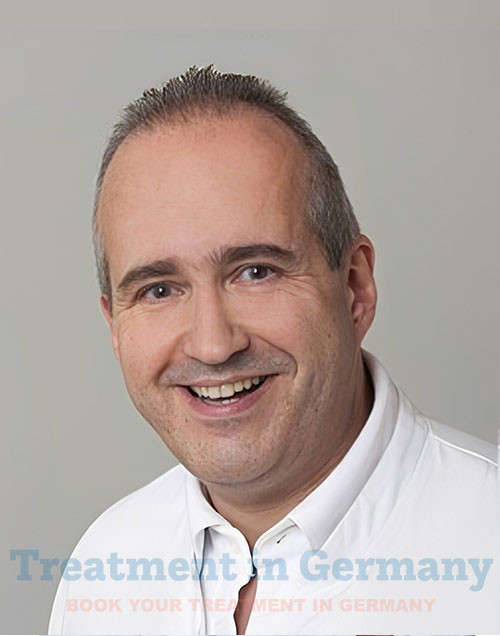
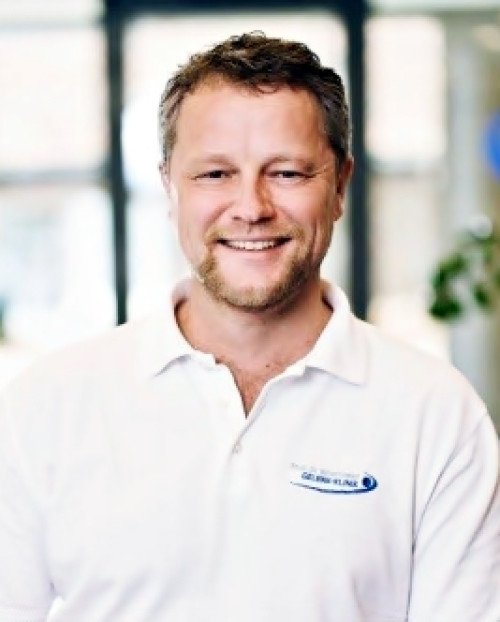
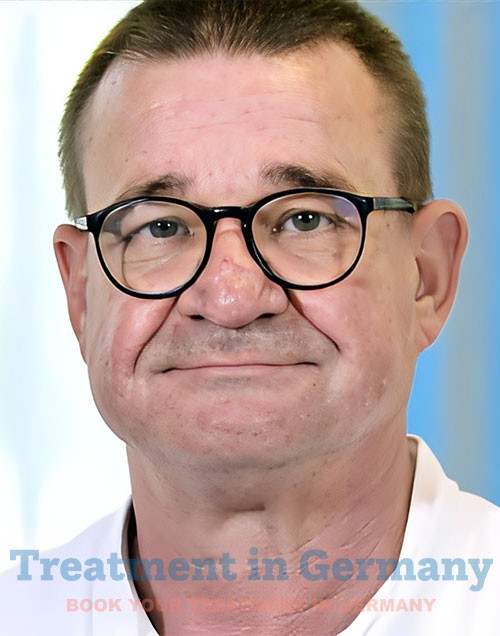
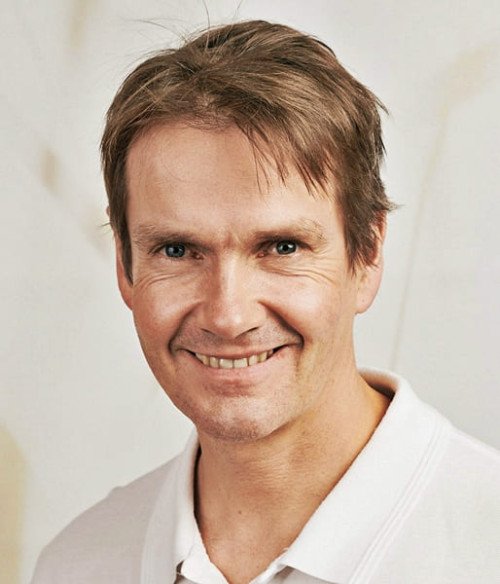
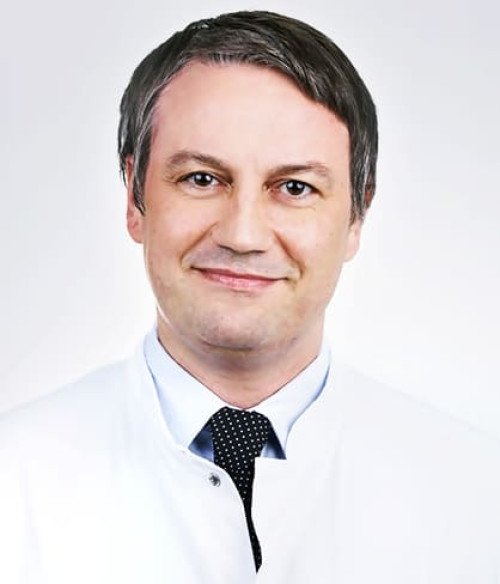
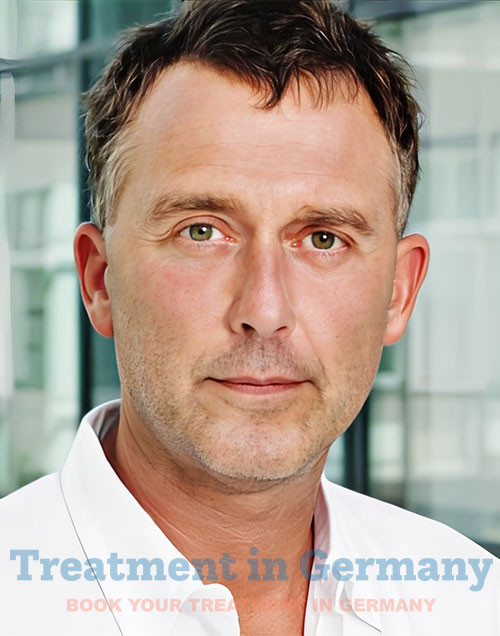
Orthopedic
Specialist for Orthopedics, Trauma Surgery, and Spinal Surgery
Frankfurt am Main
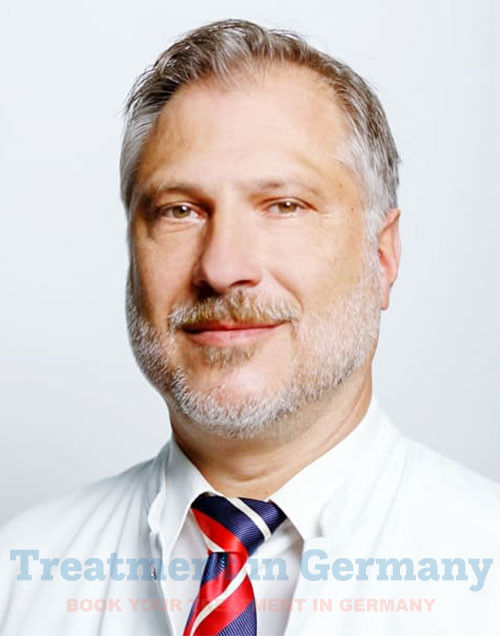
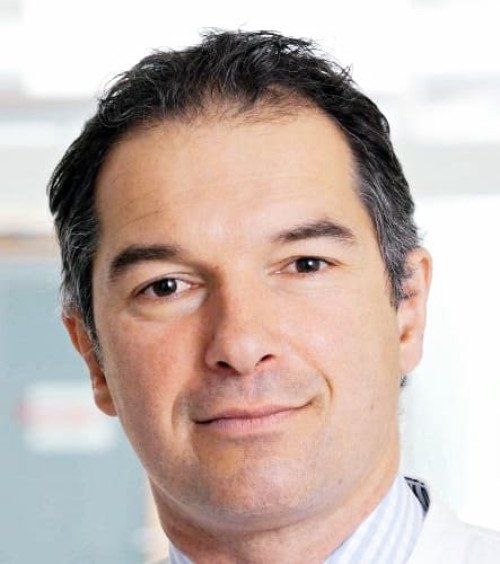
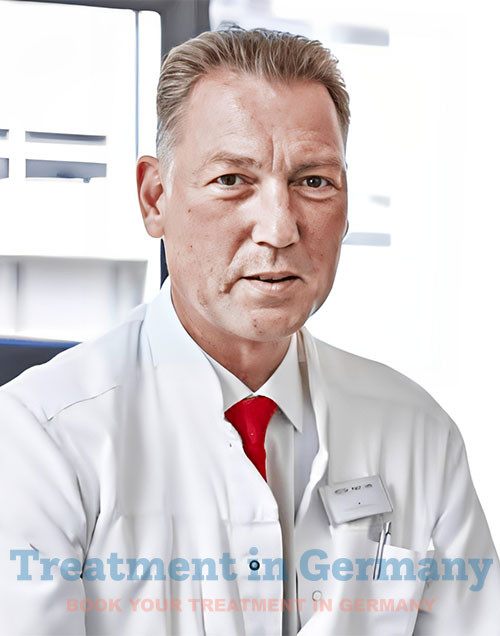
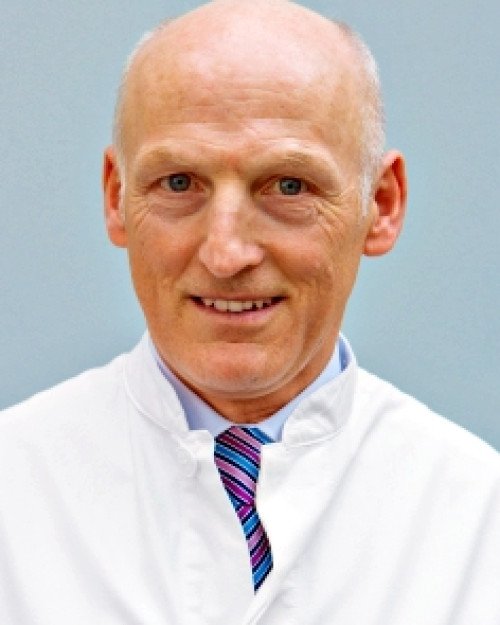

.webp)
 (1).webp)

.webp)
 (1).webp)


.webp)
 (1).webp)

.webp)
 (1).webp)
